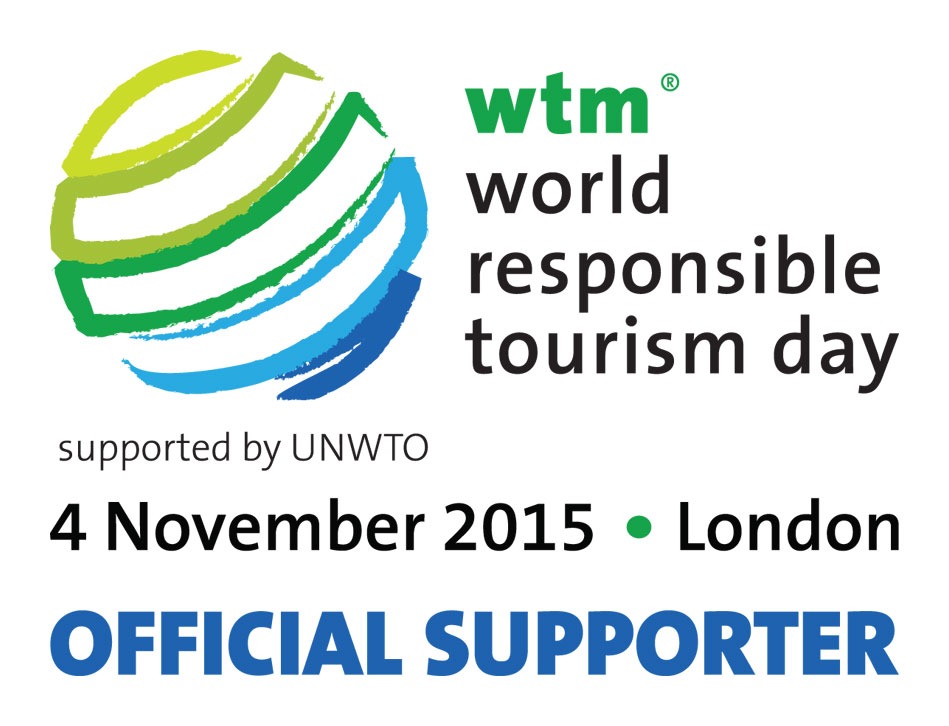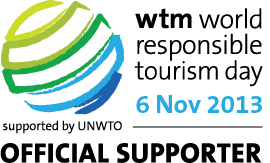IMAGE OF BAIKAL AS THE CLEANEST LAKE ENDANGERED, TOUR OPERATORS PROTEST
15 March 2010
Tour operators oppose the re-opening of the Baikal Pulp and Paper Mill stating it would negatively affect local tourism industry.
Leading tour operators of the Irkutsk Region protest against the re-opening of the Baikal Pulp and Paper Mill (BPPM). The operators are extremely concerned about the fact that the possible opening of BPPM would cause serious damage to the local tourism business as well as the attractiveness of the region in the eyes of potential visitors. BPPM was closed in 2008 due to numerous violations of environmental regulations. The Russia's Cabinet however recently approved re-opening of the plant.
In an open letter to president Medvedev as well as to the regional authorities the tourism organizations of the Irkutsk Region and Buryatia emphasized that for years they have been promoting Lake Baikal as the cleanest lake on the planet. In their view, the launch of the BPPM, even with its subsequent closure which is planned after 3 years would make it virtually impossible to travel south of Lake Baikal. Furthermore, the re-opening would endanger successful development of tourism in the area of Baikalsk following to the plan approved by the government.
Local tour operators have been promoting the region as one of the cleanest areas especially after the closure of BPPM. A new ski resort was opened which became quite popular among foreign skiers.
"To sum up the results of 2009, the Baikal region was visited by 12% fewer foreign tourists than a year ago, while at the same time the proportion of arrivals of Russian tourists increased by 10%," said Alexei Nikiforov, CEO of the travel agency Absolute Siberia. According to him the region was visited mostly by Germans, followed by the French and American tourists.
"Because of the lack of convenient flight connections to this area, there are very few tourists coming from Japan. However, there should be a new route from Seoul, Korea launched soon which should bring more tourists from this country as well," said Nikiforov. Although the region is very popular among foreign tourists, 60% of them stay by the Lake only for 2-3 days and then continue to travel to Mongolia. Further development of the local tourism services should result in increased amount of tourists staying for longer holiday.
The original article at www.tourism-review.com
|








